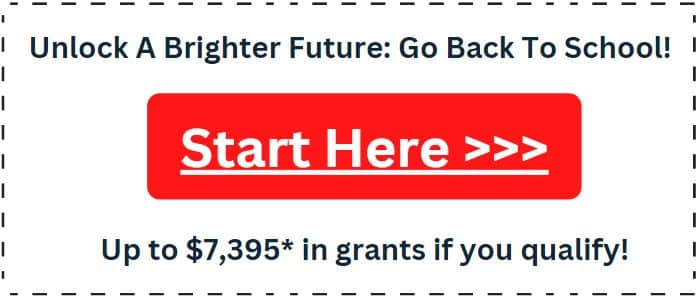Student loan debt has been a growing problem in the US, with millions of students and parents struggling to manage the burden of rising tuition costs and declining access to traditional college funding options. Private education loans are an increasingly popular choice for bridge the gap between available funds and total tuition costs, but they come with risks.
Knowing what to consider when taking out a private student loan is essential in helping to ensure that families make the best decision for their unique situation.
What Are Private Education Loans?
Private lenders, like banks, credit unions, and alternative lenders, issue non-federal education loans for college expenses. These loans often demand good credit and may feature incentives like low interest rates and flexible repayment plans.
How Much Can You Borrow?
The amount you can borrow depends on a variety of factors, including your credit score, the amount of other debt you have, and the type of private loan you select. Generally, lenders will consider your complete financial picture to decide the amount of loan money you can receive.
Typically, students can borrow up to their school’s certified cost of attendance, which includes tuition and fees, room and board, and other expenses such as textbooks and transportation.
Risks of Private Education Loans
Private education loans come with targeted benefits, but they also have several potential risks. Interest rates on private loans are often much higher than federal loans, making repayment more difficult. Unlike federal loans, private loans may lack important benefits, such as income-based repayment options, deferment periods, or loan forgiveness programs. In addition, private loan options may be limited if the student or parent has a low credit score or is otherwise unable to qualify for a loan.
Types of Private Education Loans
Private loans come in a variety of options, so it’s important to understand the differences between them. Secured loans are generally easier to qualify for but require the borrower to pledge collateral, such as a home or car.
Unsecured loans may offer better terms and options, but typically require a higher credit score and other qualifications in order to qualify. Variable interest loans often have a lower initial rate but can rise over time, while fixed interest loans have a set rate throughout the loan term.
Choosing the Right Loan
When it comes to selecting the best private loan, there are several things to consider. First, compare the interest rate and repayment terms, as these can have a significant impact on your financial health. Additionally, examine the total cost of the loan, including all fees, as well as repayment flexibility and benefits. Finally, read the lending agreement carefully and, if possible, consult a financial aid advisor or loan counselor to ensure that you are fully informed about the terms and conditions of your loan.
Final Thoughts
As tuition costs continue to rise, private education loans can be a valuable resource for families facing a financial gap in tuition payments. By understanding the different types of loans available, learning the potential risks, and shopping around for the best rates and terms, borrowers can make informed decisions and select the loan that works best for them. With careful research and attention to detail, private education loans can help make college a reality for many.







